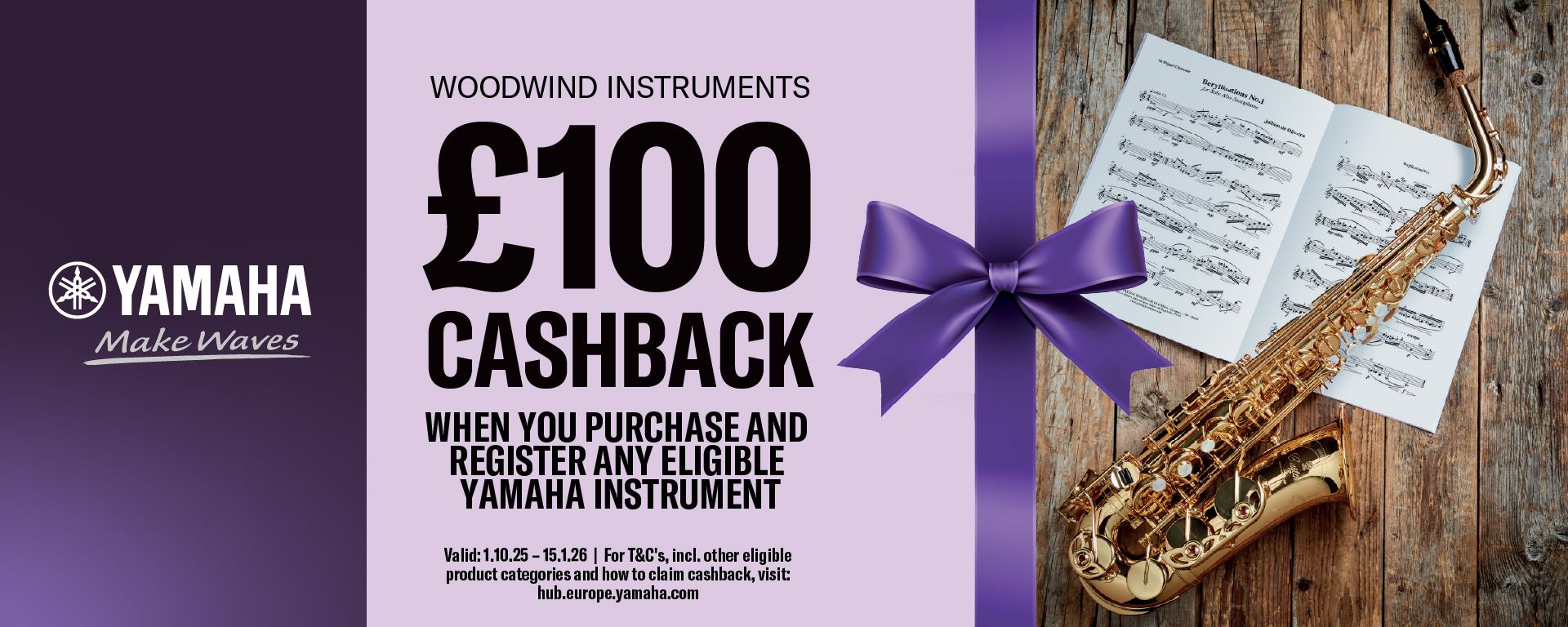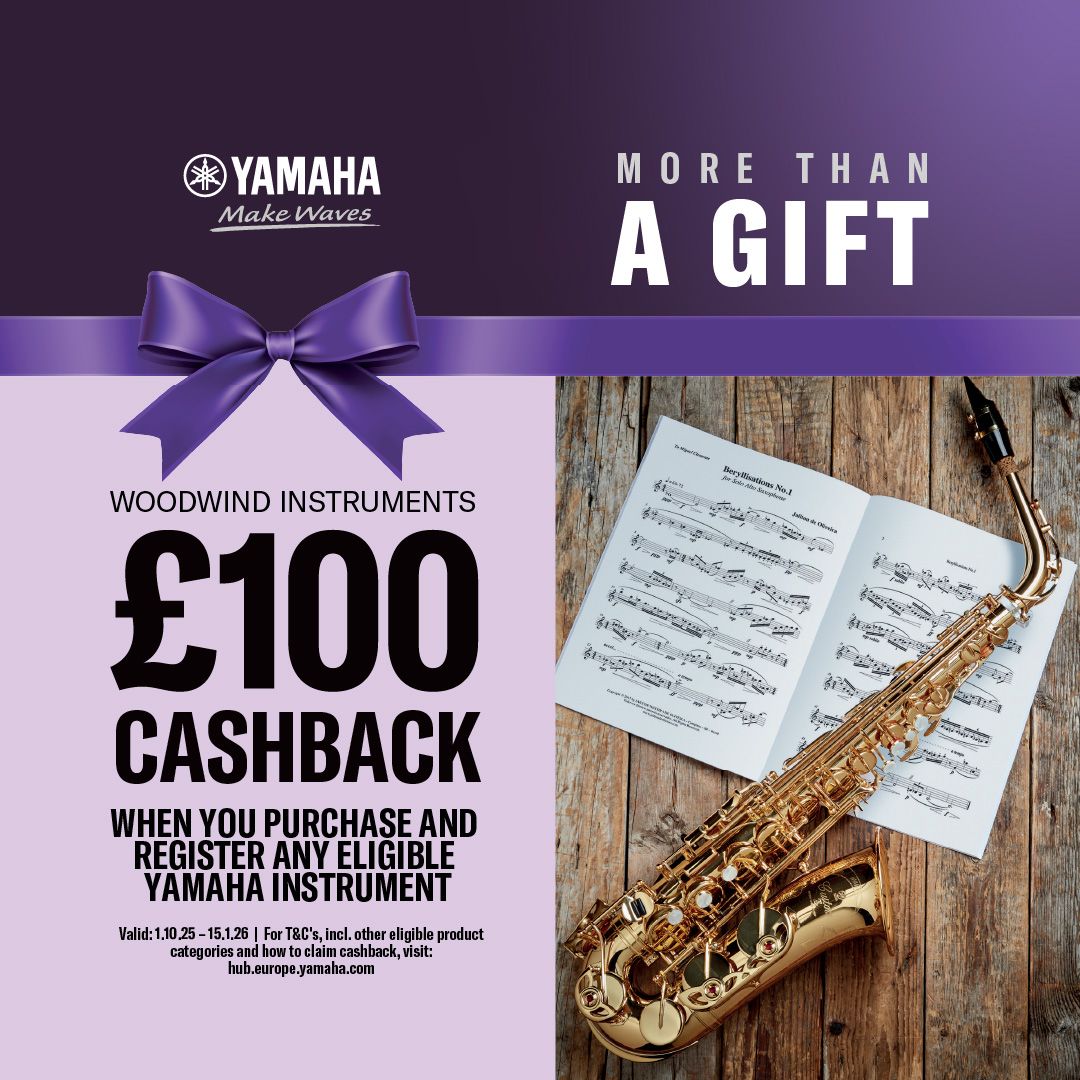Sonata for Piccolo and Piano
- Staff Pick
Staff Pick
“A Welcome Addition”
This Piccolo Sonata stretches the player in a most challenging way. Using the complete range of the instrument and exploiting the lyric qualities of the low register, this three-movement work will soon become an indispensable part of your repertoire.
From the Publisher
Composer's Notes
When I was commissioned to write a sonata for piccolo and piano in 2002, I have to admit I was less than enthusiastic about the idea at first. There are only two instruments which can penetrate the fortissimo of the full orchestra - the triangle and the piccolo in its top register. Often referred to by musicians sitting nearby as the "AK47 of the Symphony Orchestra" or "The Screaming Twig", this smallest of all woodwind instruments hasn't enjoyed much good publicity to date. Why?
Much of the past repertoire for solo piccolo has focussed on the comedy aspect of this instrument, incorporating ear splitting shrieks and high bird like trills. All this is possible but there's much more to the piccolo than that. We all know about the power and razor-like possibilities of the top register but in its bottom register the piccolo can take on a charming woody, hollow and ethereal quality and the middle register can be commanding and assured without being being overpowering but also sweet and lyrical.
When writing the sonata I was very conscious of wanting to show the true potential of the piccolo whilst integrating an interesting piano part, but above all creating something which an audience might enjoy. I opted to use many jazz elements in the piece.
The first movement is a brisk 12/8 feel with the piccolo playing at the bottom of its register whilst being agile and fluid. This progresses to a jazzy groove section where much of the swing is implied by piccolo key slaps and the tapping of piano fingers. The movement concludes with a re-working of the first section, only at the end is the piccolo allowed to rise into the stratosphere.
Movement Two again concentrates on the lower end of the instrument with the piano taking the lead half way through in a quasi-improvised solo with lush jazz harmonies.
The last movement is a fast "tour de force" for both instruments, the piano incorporates a walking bassline whilst the piccolo alternates with spiky phrases and flowing scalic passages. A lyrical break-down section leads back to the original feel
When a flute student reaches a certain level of competence, there comes a day when they decide to invest in a piccolo to increase their chances of employment. Upon receiving the instrument all too often it is treated like a new toy at Christmas which is played relentlessly for the first few hours and then put in a drawer only to be pulled out occasionally throughout the year when boredom strikes. This is not the way to treat the piccolo! Clarinettists can pull out the bass clarinet and sound good on it in a couple of hours, saxophonists can swap from alto to tenor to baritone with ease but it does not follow that a good flute player will sound good on the piccolo. It is an instrument in its own right which needs to be played and practiced constantly to sound its best. There are very few piccolo players in this world who have mastered their instrument to the extent that it is a real pleasure to listen to, Stewart Mc'Ilwham is one of them. His rendition of the sonata is played with style, accuracy, groove and beauty - wonderfully accompanied by Tim Carey on piano. Thanks guys for such a great performance!
- Mike Mower
Our Description
Written in 2002 this highly acclaimed sonata in 3 movements lasts 16 minutes and is a welcome addition to the repertoire of this often neglected instrument.
Item Details
Our Stock Code: 1042429Instrumentation
- Part 1: Piccolo
- Part 2: Piano
Category: Accompanied Piccolo Music
Publisher: Itchy Fingers Publications
Publisher's reference: IFP 40
Media Type: Paperback
Country of Origin: UK Mainland
HS Code: 49040000

